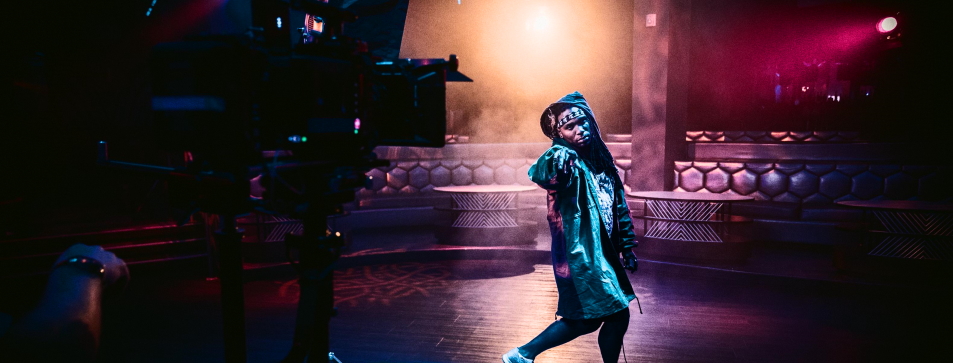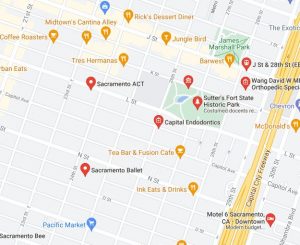Differences Between Stage Acting and Film Acting
Acting for the screen is different than acting on stage. Screen actors are usually in a scene by themselves, and they have to be able to convey their emotions visually. Stage actors are often performing with other people and can use their body language and facial expressions to get across what’s happening inside them.
This will include the differences in the performance and rehearsal process as well as some of the challenges that actors face on set and stage. If you are interested in pursuing a career in film or theater, this information may help you decide which path best suits your needs.

Aspiring actors often ask themselves if theatre is better than film because of this difference in work environments but after reading this blog post you’ll find out how similar these two types of performance can be! So how do you know if you’re a good candidate for one or the other? Check out this blog post!
Film acting is different from theater acting
On stage, actors are often more expressive because they can use their body language and voice to reveal a character’s thoughts or emotions. In the film, however, there is less time for an actor to build up a scene before it cuts away. This means that film actors must be much more precise with their words if they want them to have any impact at all.
This blog post will explore some of the main challenges that arise when doing theatre vs working in movies or TV series.
In theater, you’re on stage and the audience can see everything. You might be in a scene with five other people and your voice might not even be heard. On-screen, it’s much more intimate – it’s just you and the camera.

Theater actors have to make their words stand out because they are competing with music and other sounds. Film actors don’t have that problem because there’s no sound when shooting. There are many differences between film vs theatre but one major difference is how each actor has to react to things happening around them.
When an actor performs onstage, they are in a closed-off environment with just one other person. There are no cameras or lights and it’s the audience that provides all of the feedback to the actors. However, when acting for film or television, there are many people involved-from camera operators to directors-and each member has their job that helps bring stories to life onscreen.






